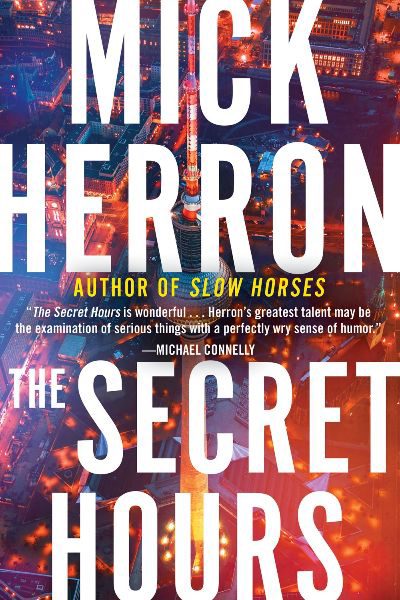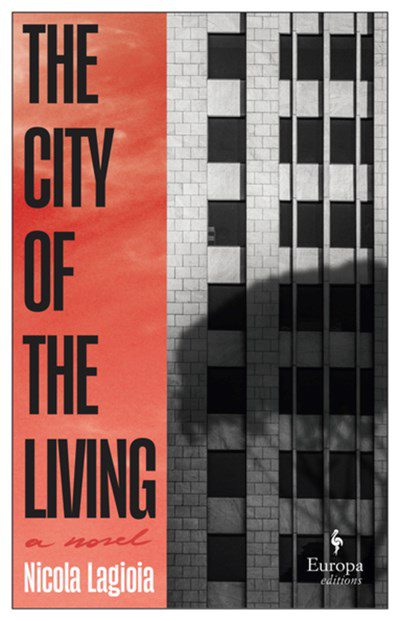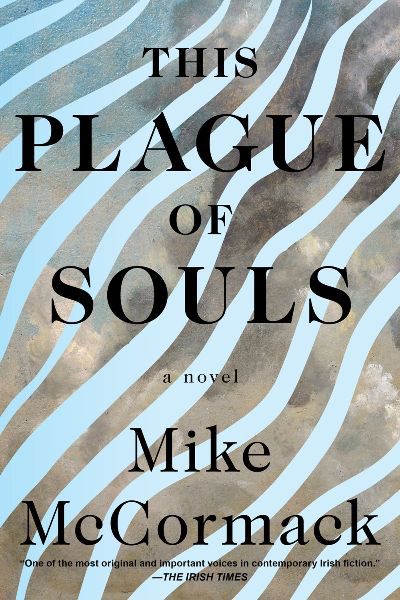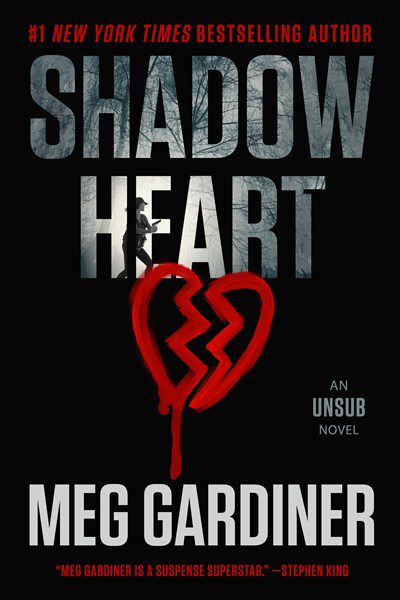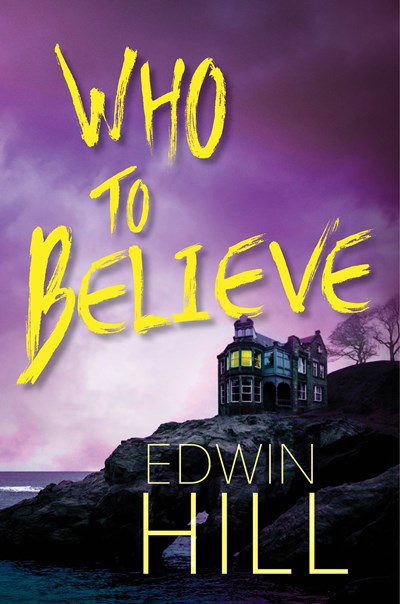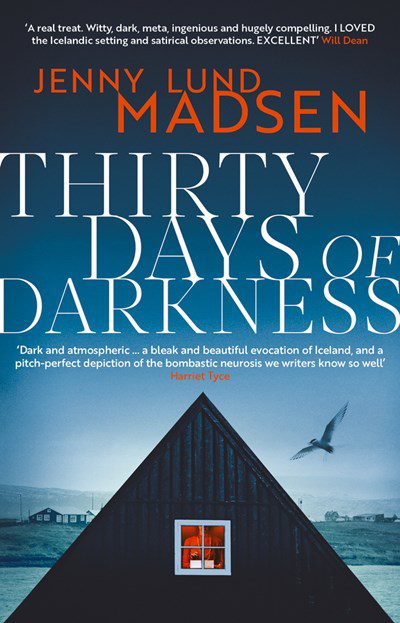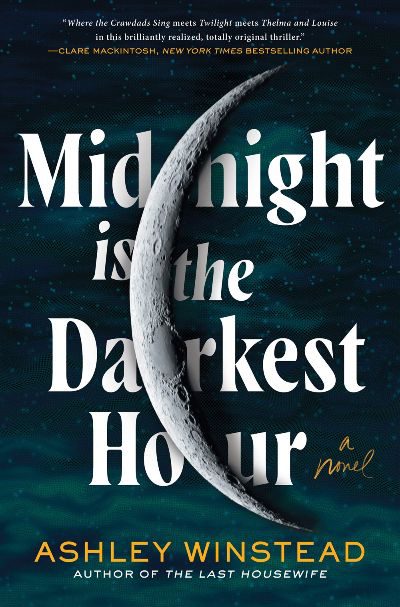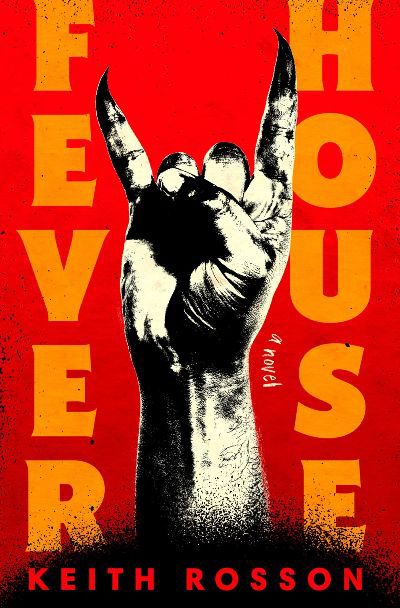It’s not all Aston Martin sports cars and martinis (“shaken, not stirred”) In Herron’s (Slow Horses) spy world. The reality is more mundane and bureaucratic in post-Brexit London, where British intelligence services have been the subject of a two-year inquiry, codenamed Monochrome and launched by a vengeful, now ex-prime minister. Thanks to the best efforts of First Desk, the agencies’ top banana, the panel headed by civil servants Griselda Fleet and Malcolm Kyle has been unable to uncover any wrongdoing. But as the probe is about to be shut down, Malcolm mysteriously receives a classified file exposing a long-buried operation in post-Cold War 1994 Berlin that ended in tragedy. How does this connect to a recent botched attack on a retired “joe” in rural Devon? Herron skillfully ties the loose threads together in a satisfying, yet melancholy conclusion that reflects upon the collateral damage caused by betrayals that are the lifeblood of espionage: “The cost of heroism—of betrayal—was high; it was the same cost, seen from opposite sides. And the same cost applied, it seemed, if you were neither hero nor traitor, but simply occupied the same neighbourhood.” Billed as a standalone, this smartly written, funny, and complex thriller is a good introduction for newbies, but fans of Herron’s “Slough House” books will recognize a few crossover characters.
Review
The usually solid Evan Smoak, a former government assassin in the Orphan program, is not at the top of his game. His sharp senses and training are gone, and to get back into shape and help those with nowhere else to turn, Evan agrees to find a missing dog. A mission not worthy of his skills quickly becomes deadly when he stumbles upon a dead body and is almost shot by a female assassin, The Wolf. She is formidable and focused on completing her assignment with training similar to his own, even if that means eliminating Evan and everyone he cares about and feels responsible for keeping safe. It’s jarring seeing Evan be “ordinary” at first, but his journey back to being himself is both intense and satisfying. The series has always been a blend of Batman, the Equalizer, and Vince Flynn’s Mitch Rapp, and Lone Wolf reinforces why it continues to be great nine novels in. Newcomers to Evan’s adventures should feel fine starting here before diving into the others.
A deep, dark descent into one of Italy’s most disturbing true crimes, drawing on actual documents, news reports, and interviews to tell the story. Billed by the publisher as a “spellbinding literary thriller”—it’s certainly spellbinding, but no one’s definition of a thriller—this is a slow, methodical, layered journey into the murder of 23-year-old Luca Varani. The method? Torture. The perpetrators? Manuel Foffo, who confesses to his father, while driving to a family funeral, that he killed someone—three, four, five days ago?—he’s too drugged out to know. And Marco Prato, also from a “good family,” a nightclub promoter, gay and considering transitioning. Manuel and Marco barely know each other, although after several drug-and-alcohol fueled days holed up in Manuel’s apartment they develop an intimacy that’s somewhat sexual but more a twisted sort of friendship. “So-called psychic contagion, like a racing engine, brought the two young men close to the point of fusion.” What do they share, besides a love of drugs and alcohol? For starters, an inability to mature, jealousy of the rich, and complete irresponsibility. Lagioia intertwines the descent of Manuel and Marco with the descent of Rome itself—drug filled, rat-infested, garbage strewn, home to wild animals, yet ultimately, he claims, freeing. This story begs for comparison with the Nathan Leopold and Richard Loeb murder of Bobby Franks in 1924 Chicago. Brilliantly translated.
This dark, introspective work, which unexpectedly reveals a golden-hued motivation on the part of its main character, reads like Scandinavian noir. But this gem is by an Irish author and follows his Booker Prize-longlisted Solar Bones. McCormack brings us to the west of Ireland, home of Nealon, a man returning from prison, though at first all we know is that he’s been away. He finds his home unexpectedly empty, the electricity switched off, and his wife and child gone. Right away, he gets a call from a stranger who, in a tone so jaunty it’s sinister, congratulates Nealon on his homecoming and offers to tell him where his family is in return for a meeting. As Nealon whiles away the days—after firmly declining the meeting—in a strange limbo, contact with the stranger continues and the former prisoner finds that the motivations for his crime may come to light. West of Ireland weather sets the tone, as “a huge, bruised cloud moves across the sky, with leaden sheets of rain peeling from its underbelly.” But it’s the anonymous, yet intimate, comments from the needling stranger that keep the writing on its toes and Nealon facing “a massive cessation of all that passes for the run of things.” For fans of Donal Ryan and David Malouf.
Gardiner shakes up the serial-killer genre with her latest thriller. FBI profiler Caitlin Hendrix visits serial killer Efrem Judah Goode in prison. He shows her detailed drawings of the women he has killed, but none of them are the victims he’s incarcerated for killing. He claims innocence for those women’s murders but is not innocent of being a murderer. There is a copycat called the Broken Heart Killer, and somehow Goode and this UNSUB are connected. Caitlin dives into the case and will once again put her career and life on the line for justice, while bringing closure to the families of the women Goode killed. What she uncovers will surprise even the most jaded reader. Gardiner has a gift for tackling gruesome and uncomfortable topics and giving the prose a literary spin. While other authors might wallow in the ugly, Gardiner makes it beautiful. Fans of true crime and the television show Criminal Minds should make Gardiner mandatory reading.
Kudos to Edwin Hill for a book so sophisticated, suspenseful, and shocking. It’s set in Monreith, a small, coastal suburb south of Boston where everyone knows, and oftentimes loathes, everyone else. It’s also where restaurateur Laurel Thibodeau is brutally murdered and her husband—it’s always the spouse, right?—is the prime suspect. Especially when his massive gambling debts, the type that need an insurance policy to offset, become public. But while Laurel’s murder sets things in motion, the novel is really centered on six friends whose lives are intertwined in the most disturbing of ways. This includes super-wealthy shrink Farley Drake, who loves to blur the friend/client line. Georgia Fitzhugh, a Unitarian minister, also privy to many personal lives, and whose husband, Ritchie, has moved out and is now living with Farley. And Max Barbosa, the handsome chief of police, Ritchie’s childhood best friend, who leaks information like the proverbial sieve while lusting after Georgia. And that’s just for starters! The novel takes place in one late summer day, culminating in a birthday dinner for one of the six that yields yet more tragedy. Hill takes some big risks here—he moves the narration among the group, playing with time as well—and we often get to see the same scene from different points of view. But what could have been a bore works wonderfully, thanks to the tightness of the prose, the tension of the story, and the credibility of the characters. Mute that cell phone and curl up for several hours of great suspenseful reading.
How often do you hear the phrase “comic Nordic Noir”? I’m guessing not often. Yet that’s exactly what Madson delivers in this delightful/terrifying novel that parodies the publishing industry while also taking on a real, live murder case. Hannah is one of Denmark’s most successful literary authors, even if no one actually reads her. Forced by her editor to attend a book convention—snobbish Hannah abhors these sorts of things—she manages to get into an argument with crime writer Jørn Jensen, Denmark’s James Patterson. In the end, she agrees to Jensen’s challenge to write a crime novel in one month. Why not? All she’s doing is facing a nasty case of writer’s block while day drinking. To keep her focused, her editor bundles her off to the rural, coastal Icelandic town of Húsafjörður, where Hannah lives with an older woman, Ella. Hannah’s take on life in Húsafjörður is wonderfully droll—indeed, the town and its cast of characters would make the perfect setting for a cozy. But things take a more violent turn when Ella’s nephew Thor drowns, likely murdered. Faced with a completely incompetent police officer, Hannah can’t help but take on the investigation herself. And best of all, the sleuthing will let her gather all the information she needs to write her mystery. If, of course, she survives. For fans of Anthony Horowitz.
Ruth Cornier is that rarity in fiction: a woman who had the chance to get out of the town that’s too small for her—in this case, Bottom Springs, Louisiana—but stayed. Growing up, everyone knew her as the preacher’s daughter, and nothing’s changed, except that she’s no longer under her father’s thumb. She is still, however, the subject of her downtrodden mother’s malice-filled plans to drag her back to the snake-handling church’s fold. What’s so objectionable about Ruth? It’s her firm friendship with Everett Duncan, her Heathcliff-reminiscent best friend, who’s returned to town after Ruth thought him gone for good. While Ever is the kind-hearted son of the mean town drunk, locals think he’s an apple from a no-good tree, and even suspect him of being the Low Man, a supernatural being who drags people into the swamp. When a skull is found in that same swamp, Ruth and Ever are thrown back into dark days of their youth while also desperately trying to find what really happened before Ever gets what locals think he deserves. As in Winstead’s In My Dreams I Hold a Knife, sharp writing, compelling dual timelines, and sympathetic characters will keep readers turning the pages.
In his acknowledgements, Rosson calls this “a wild fever dream of a novel,” and he nailed it. Where to start with this feral read? Since it’s a horror/suspense novel, the first gory moment seems apt: when a crime boss’s enforcers threaten a man with a drug addiction who owes a payment and the man asks, “What’re you gonna do? Knock my teeth out?” He then goes on to do the job himself, with his own filthy fingers. The enforcers find a severed hand during their work, one that causes those nearby to feel the need to do tremendous violence, the urge “[slithering] in. It floats on a dark wave.” The gore gets more sophisticated—“make me a necklace from the heads of your children…make me a red veil from their latticed veins”—only adding to the supernatural head-spinning. At the same time, we follow the life…if he or it is alive…of a being called Saint Michael, a secret captive of the U.S. government. Saint Michael can sometimes see visions of future events, especially when periodically “encouraged” by the agonizing process of government agents trimming his wings. In counterpoint to the government actions we meet a musician, Katherine Moriarty, who was very successful in her day but now is agoraphobic, her closed-in life perhaps related to the bizarre goings-on elsewhere in the novel. All converge in a terrifying episode in Portland, Oregon, that will surely be a highlight of the movie that is already being made of this terrific novel. Every word here is crafted to impart just the right level of revulsion, fear, and, at times, wonder. Get ready for awards nods for this work as well as comparisons to the works of Cormac McCarthy and Justin Cronin.
A classic—but in no way cliched—cozy that features a great lead, a best friend, murder(s), two uniformed love interests, a good dollop of gossip, and a bloodhound that pretty much steals the story. Priscilla (aka Pris) is a former teacher who just published her first children’s book, The Adventures of Bailey the Bloodhound, which has landed on the bestseller list. She’s now in the process of moving back to her hometown of Crosbyville, Indiana to finish the series when she comes across the mean girl to end all mean girls, Louboutin- and Givenchy-clad Whitney Kelley. Whitney is on the school board, and she can’t help but mouth off about everything she’s planning to cut—like social programs and art—and Paris’s favorite: a pet-assisted reading program (guess who stars in that?). Have no doubt, words are exchanged! Flip to the next morning, when Bailey and Pris are off on their walk, although Bailey won’t stop pulling Pris over to the begonia bed…and a very dead Whitney, face-down in the plantings. Readers will love this down-to-earth lead, big-time problems in a small town world, and the consistently fast pace of the narrative. Cozy fans may know Kallie E. Benjamin as V. M. Burns, the author of the Mystery Bookshop Mystery, Dog Club Mystery, RJ Franklin Mystery, and Baker Street Mystery series.

